The Crucial Influence of Backlinks in SEO: A Comprehensive Exploration
In the vast expanse of Search Engine Optimization (SEO), backlinks emerge as a formidable force in determining how a website ranks within search engine results pages (SERPs). But what exactly constitutes a backlink, and why do they carry such weight? This article delves into the intricate role of backlinks in SEO and provides guidance on cultivating them effectively. Whether you’re a website proprietor, marketer, or content creator, mastering the art of backlinks is essential for amplifying your site’s digital prominence.
Defining Backlinks
Backlinks, in some cases alluded to as inbound or approaching hyperlinks, are outside associations from one site that coordinate activity to another. When another site provides a link to your webpage, search engines—such as Google—interpret this as a signal of your website’s legitimacy and relevance, often enhancing its ranking.
Varieties of Backlinks
Not all backlinks bear equal significance. Understanding the subtleties among them is essential in making an successful SEO technique.
Organic Backlinks
These links materialize naturally, without solicitation. For example, when a blogger references your content because it provided valuable insight.
Deliberate Backlinks
These are intentionally sought after, typically involving outreach to other site owners to request a backlink to your content.
Self-Generated Backlinks
These are links you create, such as placing your website link in blog comments or forums. However, search engines have become wary of these and often disregard them.
The Importance of Backlinks in SEO
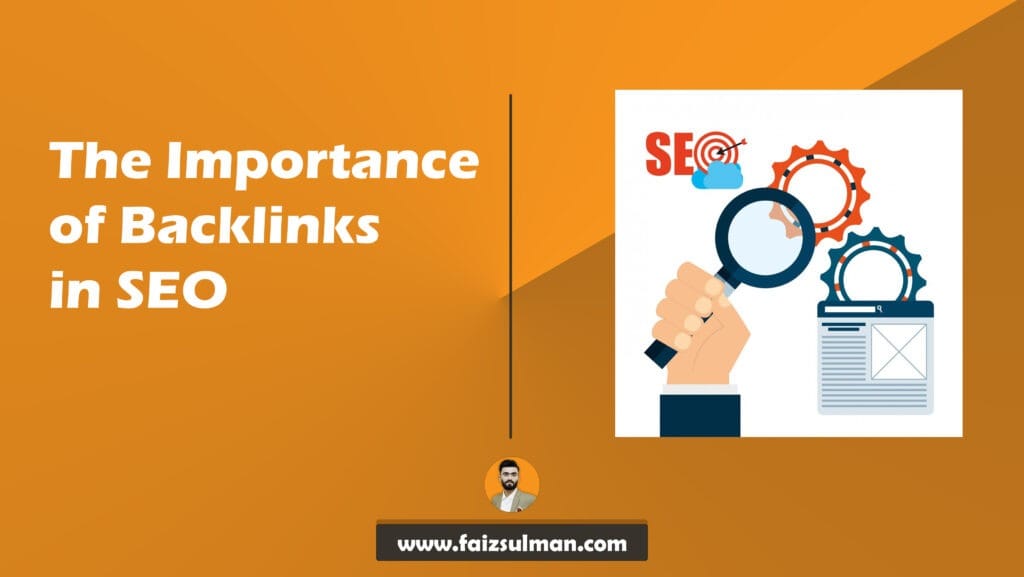
Backlinks act as endorsements from other websites, signaling to search engines that your content holds value. Here’s why they are indispensable:
Elevating Search Rankings
Backlinks are one of the most powerful positioning components in Google’s algorithm. Sites endowed with a robust backlink portfolio generally outperform those that lack such endorsements.
Building Credibility and Authority
Websites that are frequently linked by reputable sources are perceived as authoritative. The greater the quality of backlinks, the more trust your site garners from search engines.
Direct Traffic Referrals
Aside from rankings, backlinks also generate referral traffic. When users click a hyperlink leading to your site, they represent potential new visitors, enhancing both visibility and engagement.
Dofollow vs. Nofollow Backlinks: An Essential Distinction
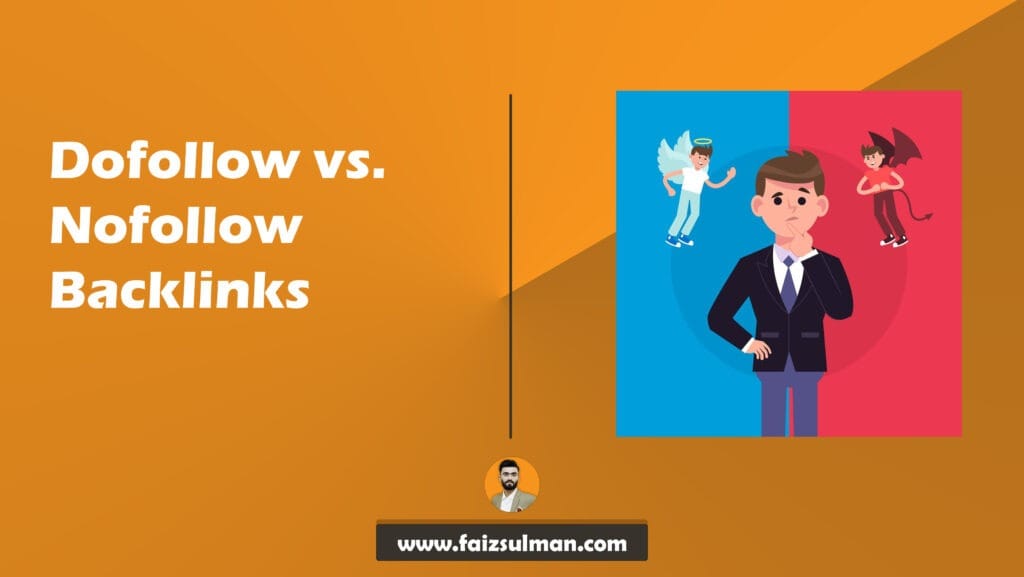
Not all backlinks carry equal SEO weight. They can be categorized into two essential sorts::
What Is a Dofollow Link?
A dofollow link permits search engines to follow and transfer “link juice,” directly contributing to improved rankings and authority.
What Is a Nofollow Link?
In contrast, a nofollow link signals to search engines not to pass link equity. While they don’t influence rankings directly, they can still usher in referral traffic.
Which Holds More Value?
Though dofollow links carry more SEO impact, a balanced blend of both dofollow and nofollow links fosters a more natural, organic backlink profile.
How Search Engines Evaluate Backlinks
The mere quantity of backlinks doesn’t guarantee higher rankings. Search engines assess backlinks based on multiple factors:
Domain and Page Authority
Links from high-authority websites (those with strong domain or page authority) carry far greater weight than links from less reputable sources.
Contextual Relevance
The relevance of the linking site to your own content is critical. A backlink from a technology blog to your tech site, for instance, has far more value than one from an unrelated niche.
Diversity in Links
A natural backlink profile includes links from a variety of sources, such as blogs, media sites, and social platforms.
The Role of Anchor Text
Anchor text—the clickable part of a hyperlink—is a significant factor in the effectiveness of a backlink.
Optimizing Anchor Text
Carefully chosen, relevant anchor text helps search engines grasp the subject of the linked page, enhancing SEO efforts.
Avoid Over-Optimization
While optimized anchor text is advantageous, repetitive use of keyword-rich anchor text can come across as manipulative, which could incur penalties from search engines.
Strategies for Building Quality Backlinks
Securing high-quality backlinks requires strategic planning and consistent effort. Here are some methods to consider:
Craft Share-Worthy Content
High-caliber, original content—whether it be blog posts, infographics, or videos—encourages others to link back to your site.
Guest Blogging
Writing guest posts for reputable sites in your industry is an effective means of earning backlinks, provided the hosting site is credible.
Broken Link Building
Identify broken links on other websites and offer your content as a replacement, benefitting both parties.
Outreach and Relationships
Connect with influencers, bloggers, and website owners within your sector. Personalized outreach is often the most successful way to garner backlinks.
Common Link Building Pitfalls
Certain tactics in link building can do more harm than good. Here are common missteps:
Purchasing Backlinks
Buying links from untrustworthy sources can lead to penalties. It’s always better to earn links organically.
Excessive Use of Low-Quality Links
Too many links from spammy or irrelevant sites can damage your rankings. A few high-quality links are far more beneficial.
Neglecting Nofollow Links
While they don’t pass link juice, nofollow links still drive valuable traffic and should not be entirely dismissed.
Tracking and Analyzing Your Backlinks
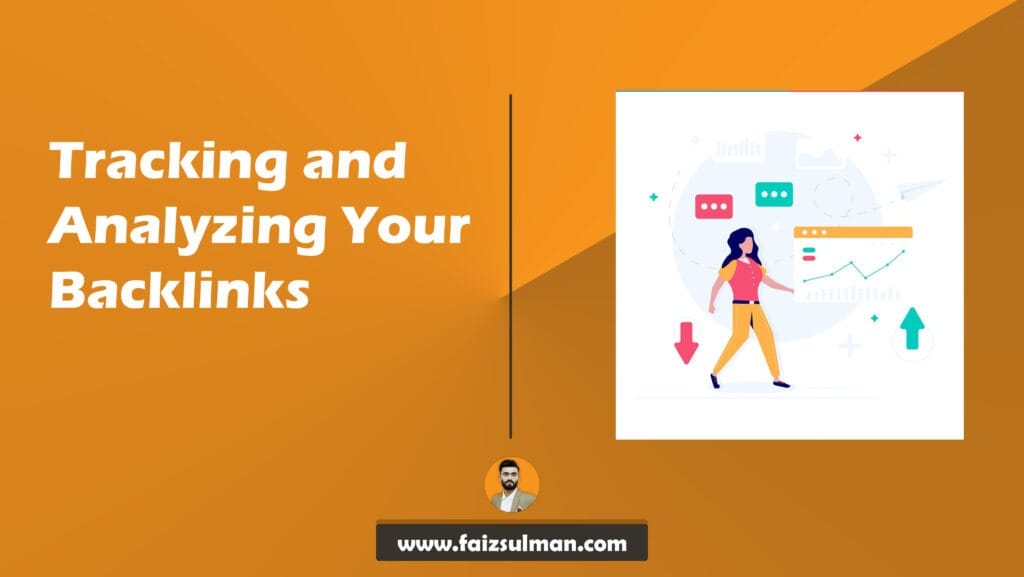
Keeping an eye on your backlinks is vital to understanding their effect on your SEO strategy.
Tools for Monitoring
Several tools, such as Ahrefs, Moz, and SEMrush, provide valuable insights into your backlink profile and its performance.
Assessing Link Quality
Using these tools, you can evaluate the quality and relevance of each backlink, determining which ones are worth keeping.
Removing Harmful Links
If you detect harmful or spammy backlinks, Google’s Disavow Tool allows you to eliminate them before they damage your SEO standing.
The Impact of Backlinks on Local SEO
For businesses targeting a local audience, backlinks are equally essential.
The Local Advantage
Backlinks from local directories, newspapers, and blogs contribute to boosting your local SEO presence.
Acquiring Local Backlinks
Collaborating with local businesses, contributing to local blogs, or listing your site in local directories can help cultivate valuable backlinks.
The Evolution of Backlink Strategies
The landscape of link building has transformed over time.
From Quantity to Quality
Previously, the focus was on sheer volume. Today, search engines prioritize the quality, relevance, and authority of backlinks.
What Lies Ahead
As search engines continue to evolve, backlinks will remain crucial. However, more weight will likely be given to content quality and user engagement.
Ethical Link Building Practices
Sticking to ethical link-building practices is crucial for long-term success.
Prioritize Quality
A single high-quality backlink outweighs numerous low-quality ones. Focus on earning links from authoritative, relevant sites.
Avoid Unethical Tactics
Engaging in unethical practices, like link schemes or paid links, can result in penalties. Always focus on organic, ethical strategies.
Conclusion
Backlinks form the backbone of any effective SEO strategy. By understanding their significance and learning how to build them strategically, you can enhance your site’s authority, attract traffic, and climb higher in search rankings. Always prioritize quality, relevance, and ethical practices when cultivating backlinks.





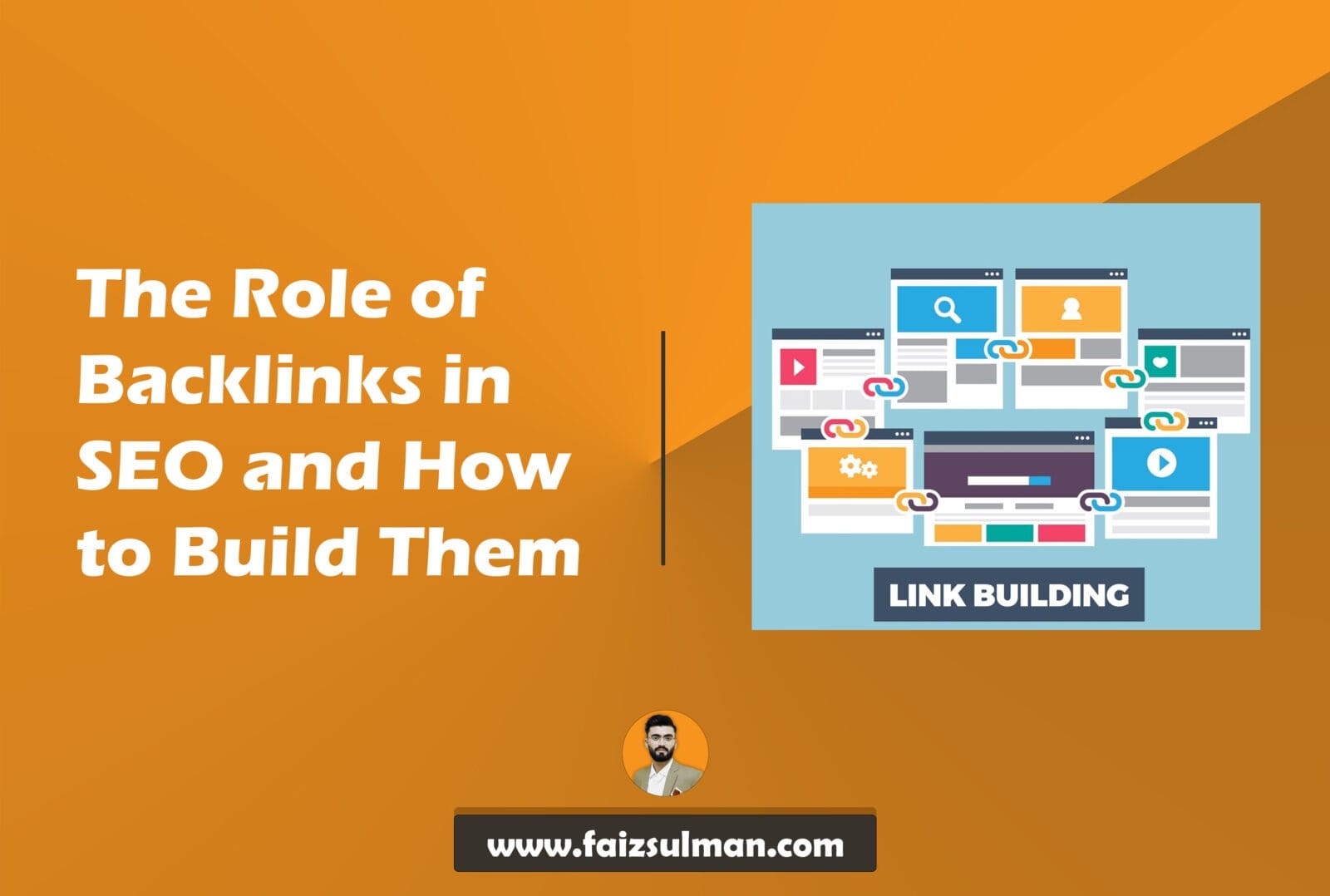
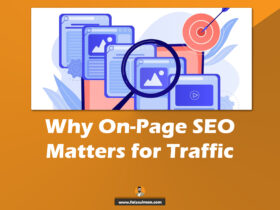





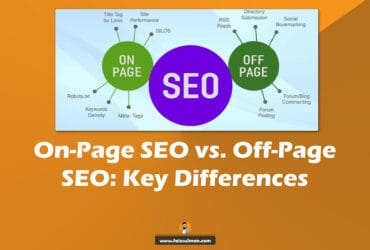





Leave a Reply